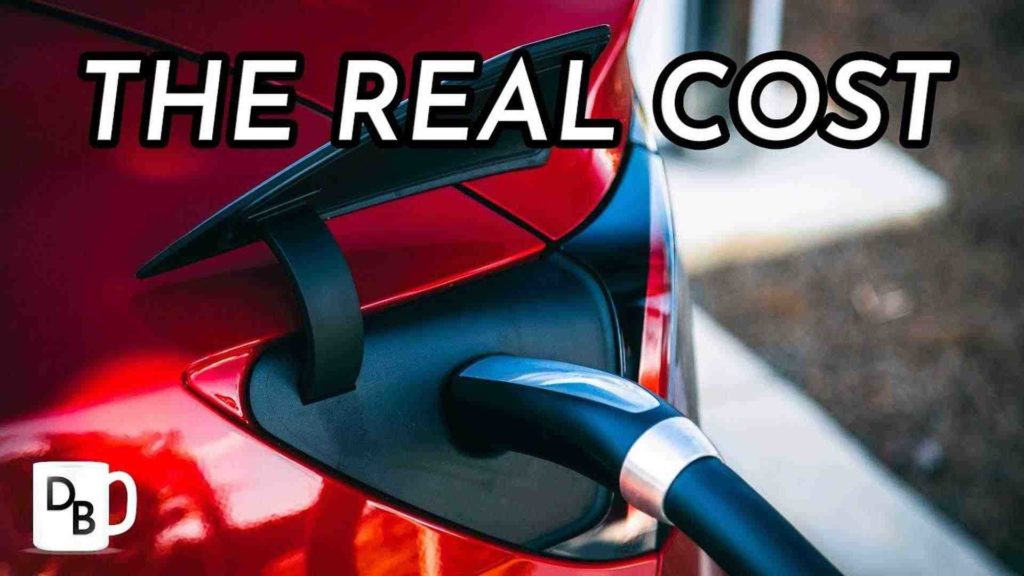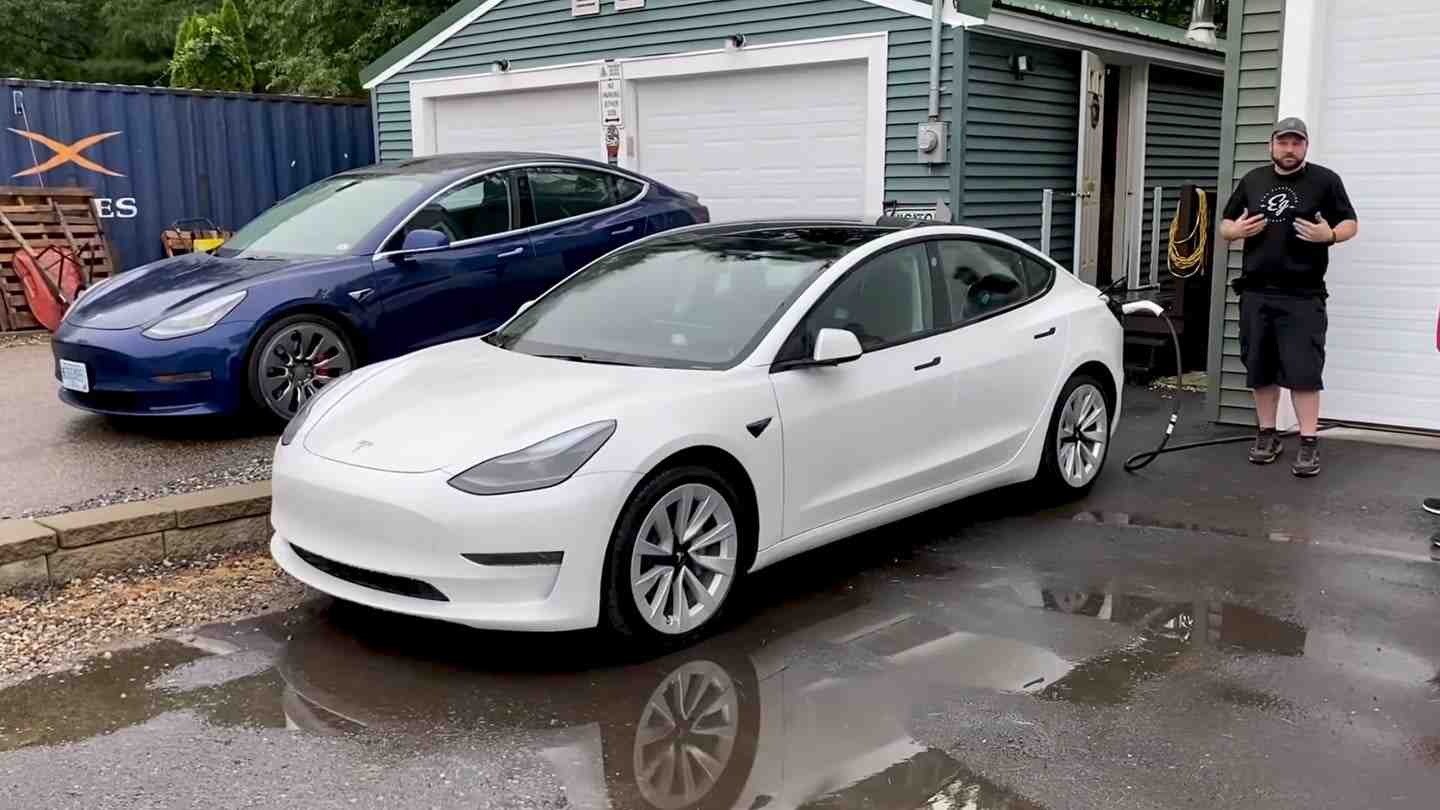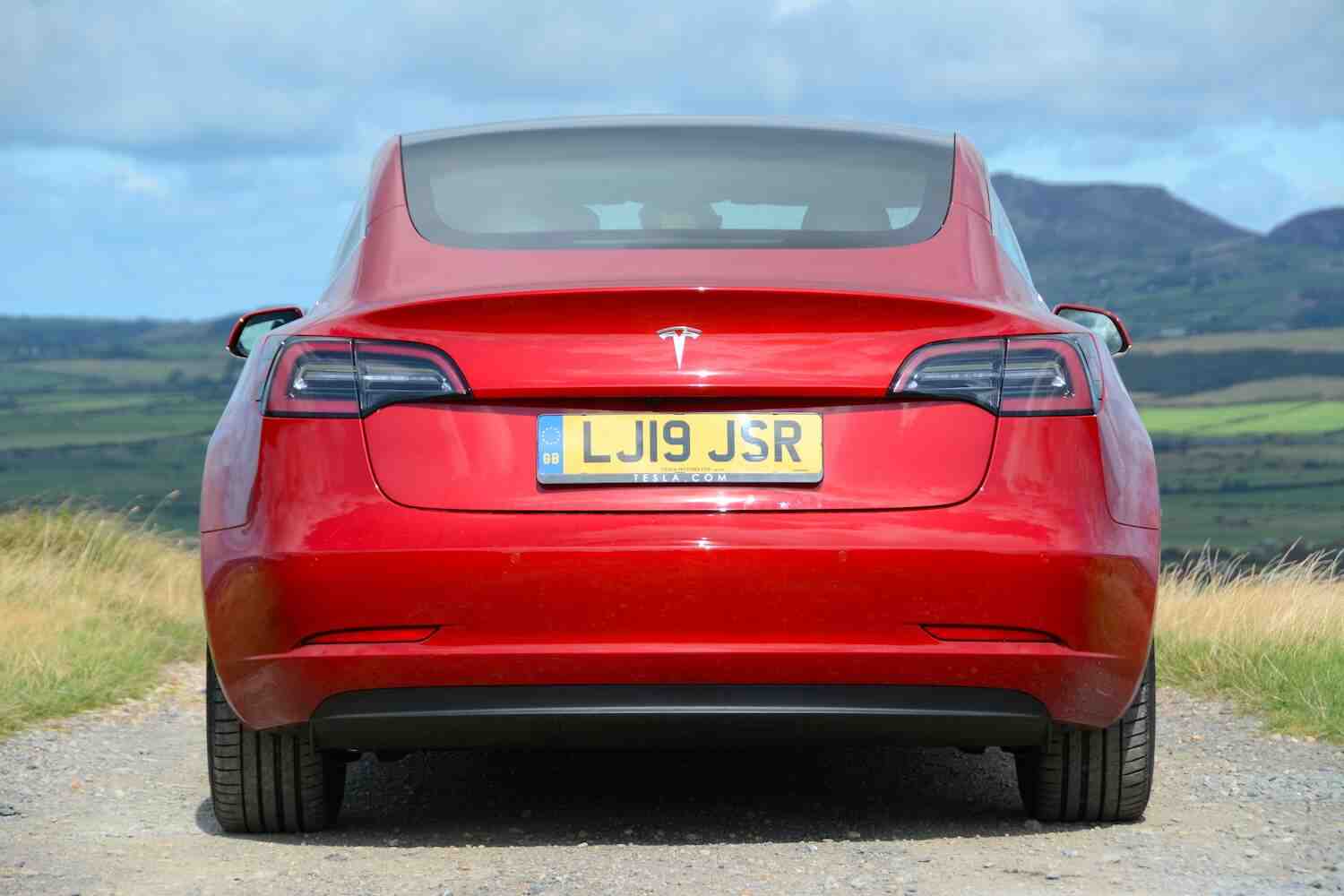How far can a Tesla go on one charge at 70 mph?
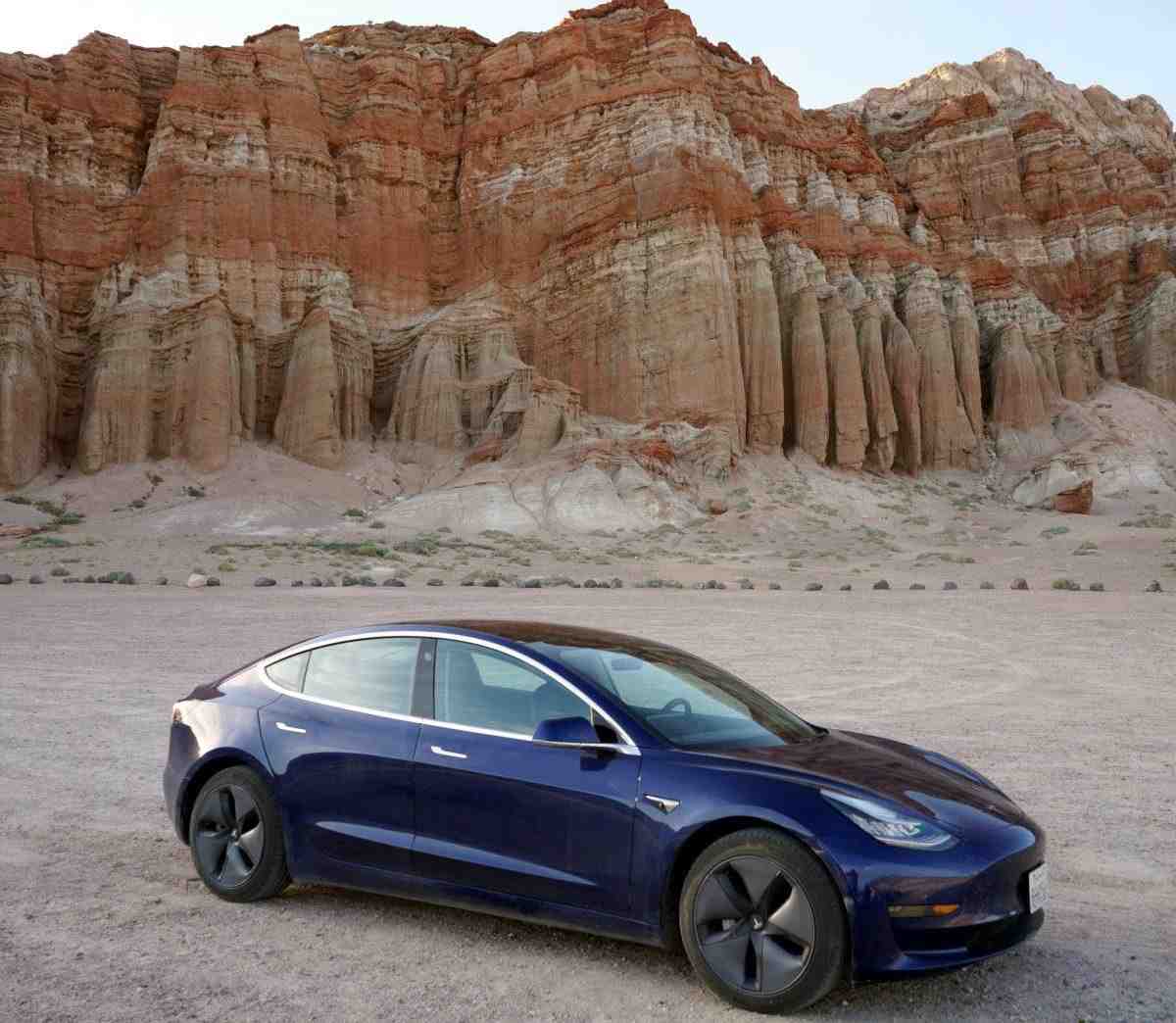
| Category | Range test |
|---|---|
| Body Style | Sedan |
How far can Tesla go with a full charge at 75 mph? The Tesla Model S Long Range Plus can travel 320 miles at 75 MPH.
How far can you drive on 1 Tesla charge?
Currently, the longest range that Tesla offers is about 375 miles of range at full charge. Read also : How much are Tesla taxes and fees?. Similar to the petrol engine, Tesla adjusts the available range of kilometers up or down based on current driving conditions.
How far can a Tesla car travel on a single charge?
All in all, all current Tesla models are rated to travel at least 300 miles on a single charge, and the Model S offers the greatest distance.
How far can a Tesla 3 go at 80 mph?
Moderator, Model 3, Tesla Energy Forums The range always refers to many different factors, but my opinion is, if you plan to drive 80 MPH, it would be better to plan a range of 220 miles. See the article : How long do Tesla cars last?. Plus, just plan your trip using the Abetterrouteplanner.
How far can Model 3 go on highway?
At the beginning of the trip, in optimal summer conditions (64-70 degrees Fahrenheit, dry), the battery of his model 3 had a range of 352 km (218 miles) with almost 100% charge. At the same stage in winter conditions (-20 degrees Fahrenheit, icy), the battery of his model 3 showed a range of 318 km (197 miles).
How far can a Tesla Model 3 go at 70 mph?
In any case, the range of 280 miles (451 km) is one of the best results on the 70 mph range test so far. For reference, the 2021 Tesla Model 3 Long Range AWD tested some time ago, recorded 310 miles (499 km).
How far can a Tesla Model 3 go at 70 mph?
In any case, the range of 280 miles (451 km) is one of the best results on the 70 mph range test so far. See the article : Is Tesla available in UAE?. For reference, the 2021 Tesla Model 3 Long Range AWD tested some time ago, recorded 310 miles (499 km).
How far can Model 3 go on highway?
At the beginning of the trip, in optimal summer conditions (64-70 degrees Fahrenheit, dry), the battery of his model 3 had a range of 352 km (218 miles) with almost 100% charge. At the same stage in winter conditions (-20 degrees Fahrenheit, icy), the battery of his model 3 showed a range of 318 km (197 miles).
How far can a Tesla Model 3 go at 80 mph?
80mph would most likely give 250 miles with a 100% battery if the car was new.
Does Tesla battery drain while parked?
Your Tesla loses range when parked due to something called & quot; vampire battery discharge & quot; or just a & quot; vampire drain & quot ;. This can range from a few miles a day to quite significant amounts depending on the settings in the car and can be a problem if you leave the car while you are on holiday.
Do I always have to leave my Tesla on? Always turn on, always leave on. If you do not consume it regularly, it will help to charge the battery a little to a lower%. LI batteries are the “happiest” about 50% and do not like extremes (> 90,
How much does Tesla battery drain when not in use?
The car lost only 15% of its battery when parked for 32 days without recharging. This means that the average daily battery consumption is only 0.47%.
Does Tesla battery drain if not used?
“Every Tesla I’ve owned (2) or borrowed from me loses at least 1% a day and will lose more during the winter.” “I parked at the Manchester Marriott for 2 weeks in August when my Model S was 2 years old. weeks and lost only 1 mile a day.â €
How long does a Tesla battery last when fully charged without driving?
As mentioned, for any Tesla car, the battery will last at least 267 miles on a single charge. The range depends on how you drive and how big your battery is. Currently, the longest range that Tesla offers is about 375 miles of range at full charge.
How do you stop a Tesla battery from draining while parked?
To protect against complete discharge, the S&X enters low power mode when the charge level drops to 5% …. If you cannot connect the vehicle, do the following:
- Turn on energy saving.
- Remove the tag always connected.
- Turn off Smart Preconditioning.
- Don’t touch the app (if you can help it)
Why does my battery drain while parked?
Electric cars can suffer from battery discharge due to extreme temperatures, damaged batteries and parasitic discharge, just like conventional cars. Another reason why your electric car’s battery may discharge is improper charging. If the battery of your electric car is not charged, the problem may be with a damaged charger.
How long can a Tesla be parked without charging?
The amount of time that Tesla can sit without charging depends on the model, battery age, initial charging and environment. Under ideal conditions, a brand new, fully charged Tesla can theoretically stand for about 100 days without charging. In reality, the battery is likely to discharge in a shorter time.
How long can a Tesla sit before battery dies?
Under ideal conditions, a brand new, fully charged Tesla can theoretically stand for about 100 days without charging. In reality, the battery is likely to discharge in a shorter time. Since a flat battery causes a number of potentially expensive problems, it is best to keep Tesla on whenever possible.
How long can a Tesla battery last at idle?
How long can an EV keep a cabin warm when it’s cold outside? We found out. Our Tesla Model 3 can keep its interior at 65 degrees for almost two days maximum, losing an average of 2.2 percent charge per hour, which is barely less than a gas-powered car.
How long can a Tesla sit without being driven?
Because this option remains activated only 12 hours after the car is parked, the on-screen notification for this option reads as follows: Cab overheat protection keeps the cabin temperature below 105 F while parked until 12 hours after you leave. No A / C mode consumes less power, but temperatures can exceed 105 F.
How long can a Tesla idle with heat on?
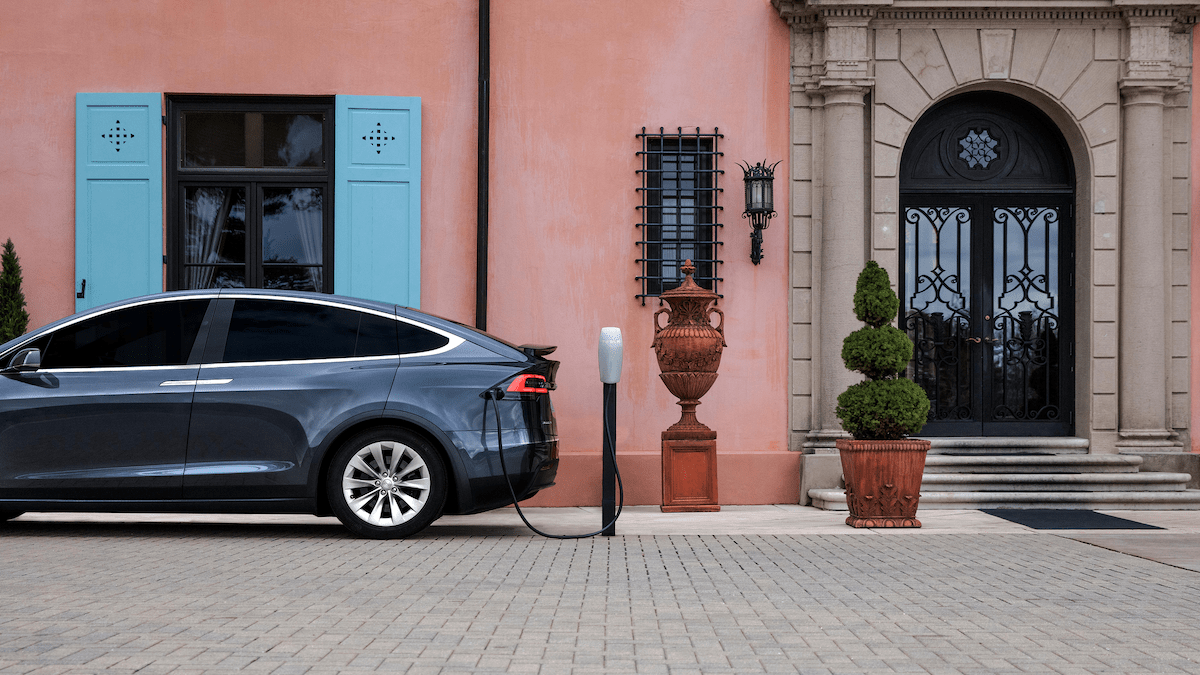
So how long can you leave the car idling with the heating on? You can let Tesla idle for up to two to three hours without damaging the battery. After that, the battery starts to discharge.
How long can an electric car idle with the heating on? Drivers report approximately 1.5-2.5 kW heaters of retracted outdoor temperatures of 35 to 15 degrees Fahrenheit. With 50% charge on the 32kWh battery, which means between 6.5-10.5 hours of heat per day from 15-35 degrees; twice as much at full charge.
How long can a Tesla sit idle with heat on?
How long can an EV keep a cabin warm when it’s cold outside? We found out. Our Tesla Model 3 can keep its interior at 65 degrees for almost two days maximum, losing an average of 2.2 percent charge per hour, which is barely less than a gas-powered car.
How long will the heater run in an electric car?
For reference, the battery is 24kWh, so theoretically the heater could work while stuck on the road for 24 hours in a row. The Model S with an 85 kWh battery could retain heat for over 3 days. Fully charged model S, which works at maximum capacity.
How long can you leave a Tesla running?
You can let Tesla idle for up to two to three hours without damaging the battery. After that, the battery starts to discharge. Tesla is powered by electricity, which does not create any emissions like carbon monoxide.
How long can a Tesla sit before battery dies?
Under ideal conditions, a brand new, fully charged Tesla can theoretically stand for about 100 days without charging. In reality, the battery is likely to discharge in a shorter time. Since a flat battery causes a number of potentially expensive problems, it is best to keep Tesla on whenever possible.
How long can a Tesla sit without being driven?
Because this option remains activated only 12 hours after the car is parked, the on-screen notification for this option reads as follows: Cab overheat protection keeps the cabin temperature below 105 F while parked until 12 hours after you leave. No A / C mode consumes less power, but temperatures can exceed 105 F.
Does Tesla battery drain if not used?
“Every Tesla I’ve owned (2) or borrowed from me loses at least 1% a day and will lose more during the winter.” “I parked at the Manchester Marriott for 2 weeks in August when my Model S was 2 years old. weeks and lost only 1 mile a day.â €
Does the heater drain the battery in Tesla?
DETROIT (AP) – Low temperatures can drain electric car batteries, temporarily reducing their range by more than 40% when using internal heaters, new research has shown. A study of five electric vehicles by AAA also found that high temperatures can reduce battery range, but not nearly as much as cold.
Do Tesla batteries drain in the cold?
Tesla Model 3 lost 44 km (9%) range including the cold blue inactive part of the battery, this range loss is calculated before the battery warms up while driving. Excluding the use of Sentry Mode, the estimated loss of range is only 5% according to the owner’s estimate.
Does using the heater in a electric car drain the battery?
Cold weather presents two main challenges for electric vehicles: cold air limits battery performance, and starting the heater discharges the battery.
Can I leave my Tesla unplugged for a month?
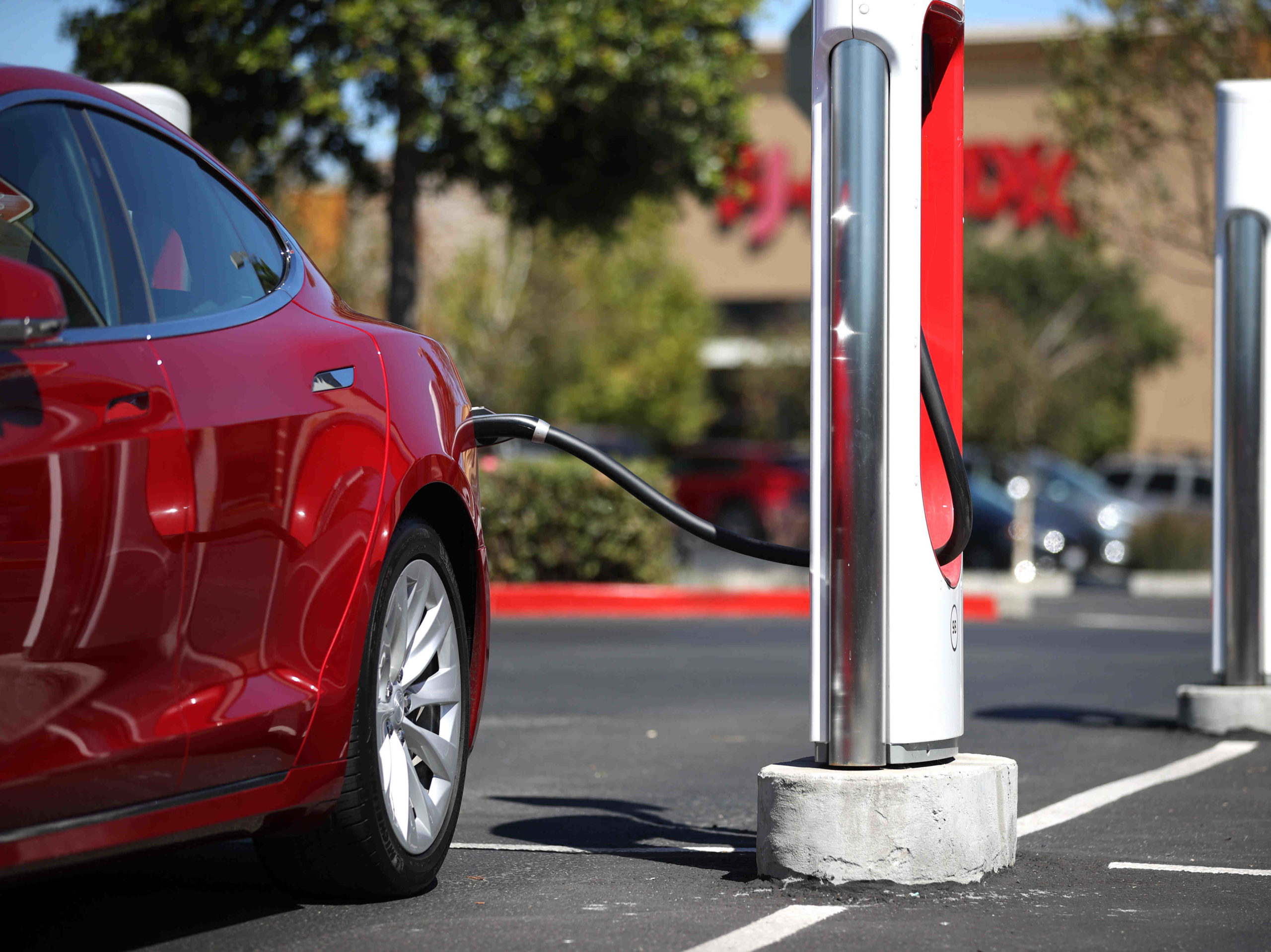
Vampire drains are lost in the history of Tesla, thanks to the constant improvement of vehicle software and hardware by car manufacturers. These results suggest that you can leave your Tesla car parked even for a few months off if you have charged the car at least 70 -80%.
Does Tesla discharge the battery when it is parked? Your Tesla loses range when parked due to something called “vampire battery discharge” or just “vampire discharge”. This can range from a few miles a day to quite significant amounts depending on the settings in the car and can be a problem if you leave the car while you are on holiday.
Does Tesla need to be plugged in all the time?
Keep your Tesla on whenever possible. This will help keep the battery warm. The built-in computer will automatically prevent overcharging. Prepare the battery before turning on your Tesla.
Do I need to charge my Tesla every night?
The short answer to the question is no. Generally, you should not charge your electric car every night. In most cases, this is not necessary. The practice of charging an electric vehicle every night can shorten the life of a car battery.
Is it OK to leave Tesla unplugged?
It is okay to leave Tesla unplugged for a short time. Every time you do not drive for several days or weeks, it is important to turn on the vehicle. Leave Tesla unplugged for too long and you risk damaging the battery. Of course, it is not always possible to keep Tesla on.
Can you leave a Tesla plugged in for months?
Tesla can stand for 6 months, assuming it is plugged in and charged. However, if Tesla is not connected, the battery will remain charged for between 60 – 100 days, depending on the age of the Tesla model and how much the battery was charged before it was left standing.
Can you leave a Tesla plugged in for a long time?
There is no limit to leaving your Tesla on for days or even weeks or months. As long as your Tesla has a dedicated charger, that charger has power, and you’ve pre-set the battery charge range to stay at a certain percentage (60% charge, for example), you have nothing to worry about.
Can a Tesla overcharge?
Your Tesla is designed to maintain its battery over time and will not overcharge when turned on for an extended period of time. For this reason, when you are away from home, we always recommend leaving the car plugged in.
Is it OK to leave Tesla unplugged?
If you only leave for a day or two, then a charge of 70 – 80% should be more than fine. Since your car will be turned off and will not be able to charge, you can help conserve battery power by turning off Sentry Mode if you don’t need it as it consumes a lot of power.
Does Tesla battery drain if not used?
“Every Tesla I’ve owned (2) or borrowed from me loses at least 1% a day and will lose more during the winter.” “I parked at the Manchester Marriott for 2 weeks in August when my Model S was 2 years old. weeks and lost only 1 mile a day.â €
Can you leave Tesla unplugged?
It is okay to leave Tesla unplugged for a short time. Every time you do not drive for several days or weeks, it is important to turn on the vehicle. Leave Tesla unplugged for too long and you risk damaging the battery.
Should I plug in my electric car every day?
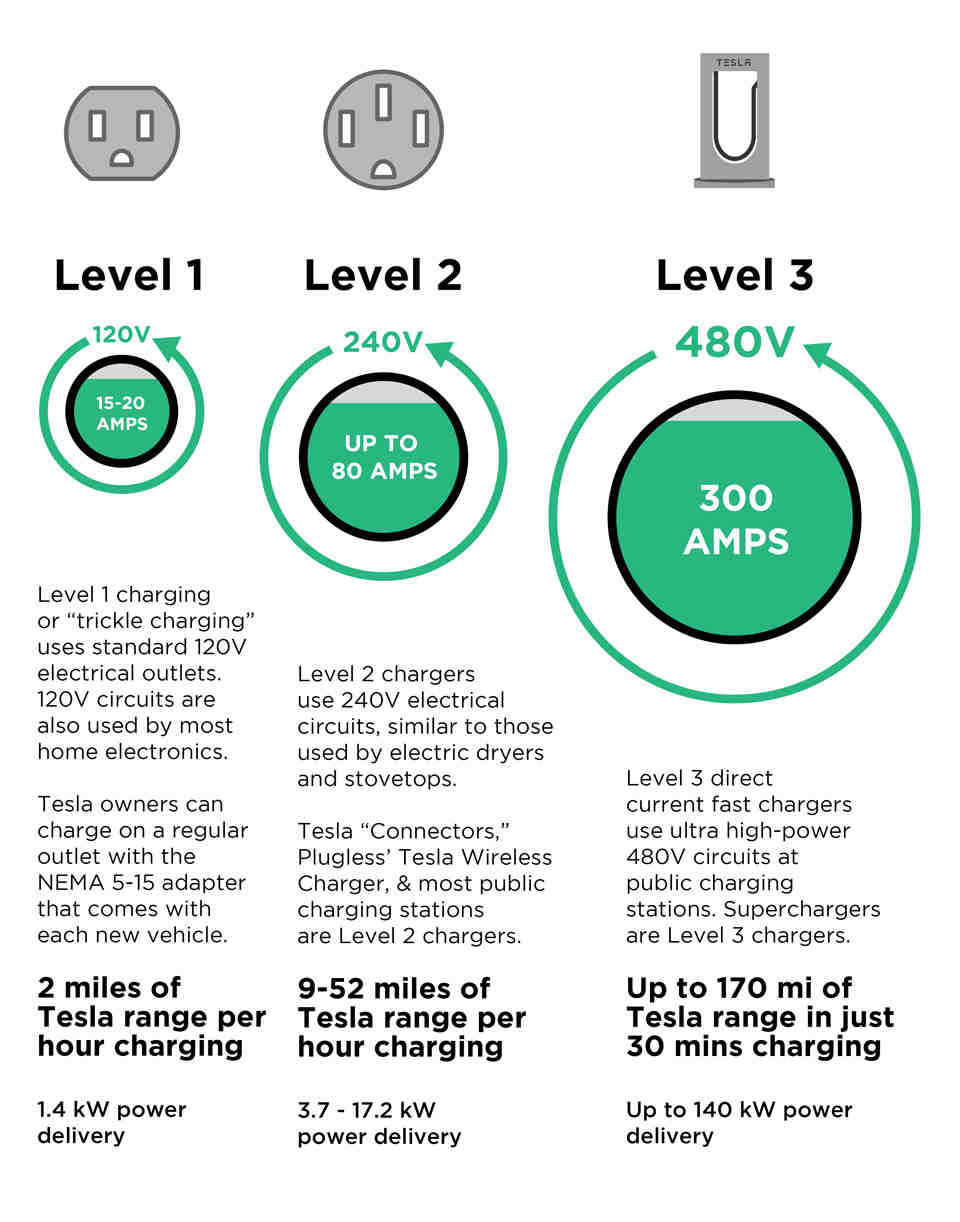
The short answer is no. You should not charge the battery every day. Constantly connecting your car to a charger will shorten battery life. It would be safest to follow the battery charging guidelines listed in the car user manual.
Should electric cars be turned on all the time? In fact, sources say it’s actually better to keep your EV on until it’s used. Not only is it a great strategy to keep someone’s electric vehicle fully powered, but for most EVs, leaving the vehicle plugged in is one of the best ways to conserve battery life.
Is it OK to leave an electric car plugged in?
It is completely safe to leave your electric car to charge and plug in overnight. Charging at night allows you to have an advantage in the off-hours of electricity. This means you can charge your car cheaper.
How long can you leave your electric car plugged in?
An electric car owner can get anywhere from 10 to 60 miles per hour when turned on. Interestingly, if it is an electric device with fast DC charging, it can deliver a range of 60 to 100 miles in 20 minutes or less.
Is it OK to leave EV plugged in overnight?
Can EV be safely turned on overnight? Yes. As said, this is standard practice and with built-in battery management systems, there is no risk of overcharging. These systems will slow down the charging process when they detect that the battery is almost full.
How often should I plug in my electric car?
Most electric vehicle manufacturers recommend that you keep between 20-80% of the battery charge, so based on your driving habits, you will want to connect every three days. Saving money on fuel is one of the main benefits of owning an electric car, but no matter what you drive, we can help you save money on car insurance!
How often should you charge a plug in hybrid electric vehicle?
Most early electric vehicles (around 2011-2016) were capable of traveling about 100 miles before they needed to be recharged. Current electric vehicles travel about 250 miles on a charge, although there are some, like Tesla, that can go about 350 miles on a charge.
How often should you charge your EV to 100%?
Charge it up to 100% a day for a while, see if it will balance that cell again. It may not have been used much / recently. If everything is balanced and good, 30-80 is fine, 100 every now and then helps maintain balance.
Should I unplug my electric car charger when not in use?
Generally speaking, most people agree that it is okay to turn off the EV if it is not charging and blocking others from doing so. “I have excluded someone who has already finished charging and will continue to do so. If it’s a fast charger, you should be close to leaving it when it’s done charging and freeing up space.
Should I unplug my electric car?
You should never turn off another EV unless you have the express permission of the owner. Since electric vehicle charging stations usually operate on a first-come, first-served basis, turning off someone else’s car just because you think you need a battery is more immature and wrong.
Should Chargers be unplugged when not in use?
The U.S. Consumer Product Safety Commission recommends unplugging electrical appliances when not in use, based on the obvious yet correct observation that something that is turned off cannot cause a fire or shock someone.
Sources :
